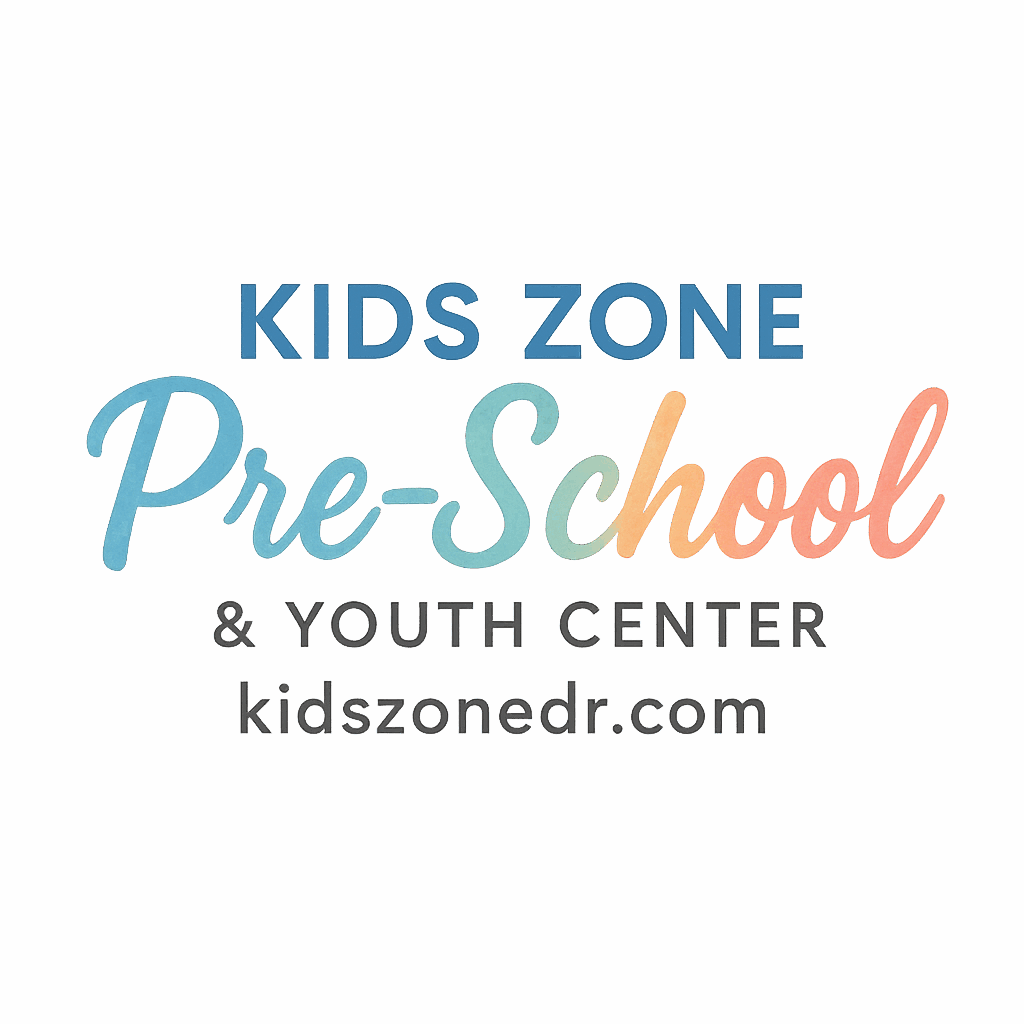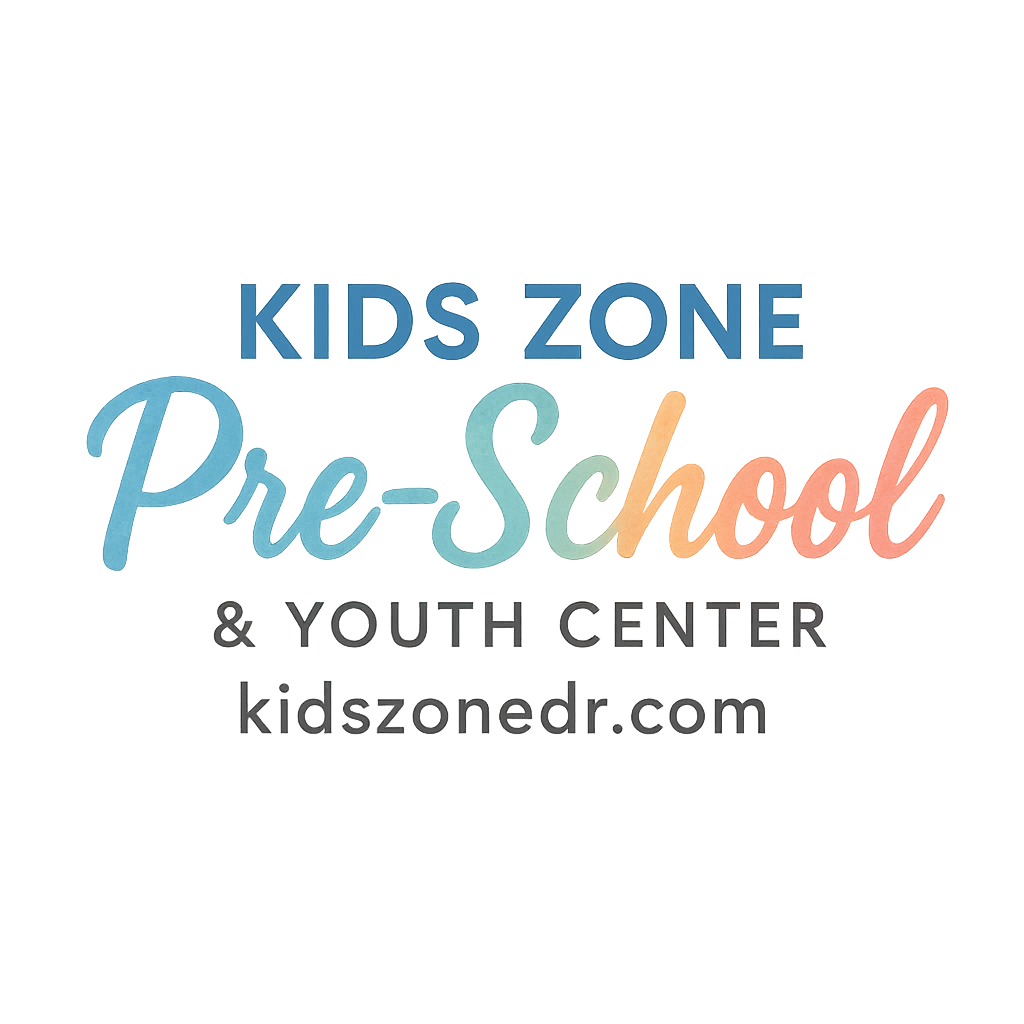Introduction: Why Early Habits Matter
The habits children build in preschool and youth centers often last a lifetime. Think about it—those early routines of brushing teeth, sharing toys, or even cleaning up after playtime? They’re the building blocks of self-discipline, responsibility, and independence.
When we talk about daily habits in a preschool setting, we’re not just discussing structure; we’re talking about shaping future leaders, thinkers, and doers. In fact, the foundation laid during these years directly impacts confidence, emotional wellness, and lifelong learning skills (source on preschool learning development).
Let’s explore eight powerful daily habits practiced in preschools and youth centers that give children a strong start in life.
Habit 1: Consistent Daily Routines
The Role of Structure in Early Childhood
Children thrive when they know what to expect. Having a daily schedule (see more on routines) creates predictability and helps kids feel safe. From morning circle time to nap schedules, routines offer a sense of balance.
When kids know that after play comes snack time, and after snack comes reading, they learn time management—an essential skill they’ll carry into adulthood.
Linking Daily Routines to Emotional Security
Consistency also reduces anxiety. Imagine a child walking into class every day and knowing exactly what happens next—it builds confidence and emotional security. That’s why structured daily routines and activities (learn more) are one of the strongest foundations for growth.
Habit 2: Healthy Eating Practices
Introducing Balanced Nutrition in Preschool
Healthy eating isn’t just about providing food—it’s about teaching nutrition habits for life. Preschools that emphasize balanced meals set the stage for good eating habits (see healthy eating insights).
By offering fruits, veggies, whole grains, and limiting sugary snacks, kids learn to enjoy a variety of foods that fuel both body and mind.
How Shared Meals Encourage Social Skills
Eating together also builds social connections. Passing a basket of apples or saying “please” and “thank you” at snack time encourages manners, respect, and communication skills. Shared meals help children understand cooperation—something that continues into friendships, teamwork, and even careers.
Habit 3: Active Play and Movement
Physical Development Through Play
Children need movement as much as they need food and sleep. Active play strengthens motor skills, coordination, and overall wellness (see wellness tips). From climbing playground structures to running races, these activities fuel both energy and focus.
Teamwork and Social Growth During Group Games
Group games—like tag, ball passing, or parachute play—teach kids cooperation. They learn to wait their turn, cheer for friends, and respect rules. These habits echo into adult teamwork situations, whether in school projects or future workplaces.
Habit 4: Encouraging Independent Tasks
Building Confidence Through Responsibility
Something as small as cleaning up blocks or putting away crayons builds independence. Preschoolers love being trusted with responsibility—it gives them pride and strengthens confidence (confidence matters here).
Practical Skills Kids Learn from Independence
Independent tasks also promote problem-solving. When kids dress themselves or serve their own snacks, they’re learning autonomy and resilience. These daily actions prepare them for bigger responsibilities later in life.
Habit 5: Storytelling and Daily Reading
Boosting Language Development with Stories
Storytime is magic. Daily reading enhances vocabulary, listening skills, and imagination. According to research, children exposed to daily stories are more likely to excel in reading and comprehension later on (see child talk resources).
Creating a Lifelong Love for Reading
Reading aloud also sparks curiosity. Kids who fall in love with books early are more likely to enjoy lifelong learning. Preschools often send books home to encourage parents to continue the habit at bedtime.

Habit 6: Guided Social Interactions
Teaching Empathy and Cooperation
Social skills don’t come naturally; they’re learned. Preschool teachers guide children through sharing, kindness, and empathy exercises. Games like “feelings charades” help children identify emotions and respond appropriately.
Conflict Resolution Through Play
Disagreements are common, but they’re golden learning moments. Teachers guide kids to use words, take turns, and compromise. These lessons shape future interpersonal skills and conflict management abilities (see parental involvement tips).
Habit 7: Creative Exploration and Arts
The Link Between Creativity and Problem-Solving
Arts and crafts are more than fun—they develop imagination and problem-solving. Painting, music, and building projects encourage kids to think outside the box.
Encouraging Self-Expression Through Art
Art allows kids to communicate feelings they can’t yet put into words. Whether through finger painting or music, creativity is a daily habit that strengthens emotional growth and self-expression.
Habit 8: Reflection and Calm Time
Benefits of Mindfulness for Preschoolers
Quiet time teaches kids self-regulation. Whether it’s naptime, meditation, or simple breathing exercises, calm moments help children manage emotions and stress (see routines and wellness).
Building Emotional Awareness Through Quiet Time
Reflection time also builds awareness. When kids pause to think about their day, they develop emotional intelligence—an essential skill for school, relationships, and personal well-being.
How Parents Can Support These Habits at Home
Collaboration Between Parents and Educators
Daily habits succeed best when parents and teachers work together. Through open communication and parental involvement (learn more), families can mirror classroom practices at home.
Extending Classroom Habits Into Family Routines
From bedtime stories to shared family meals, parents can reinforce habits at home. The consistency between school and home gives children stronger foundations in discipline and growth.
Long-Term Impact of Early Daily Habits
Lifelong Skills Shaped in Early Childhood
These daily habits may seem small now, but they shape the adults kids become. Leadership, confidence, resilience, and creativity all trace back to early preschool routines (explore more preschool insights).
Why Preschool Foundations Last into Adulthood
Habits like teamwork, responsibility, and mindfulness help children thrive as they grow. When a preschool emphasizes these skills, they’re not just preparing children for kindergarten—they’re preparing them for life.
Conclusion
Preschool and youth center daily habits might look simple on the surface, but they hold incredible power. From morning routines to reflection time, these practices nurture lifelong skills in confidence, responsibility, creativity, and wellness.
By focusing on these eight habits, educators and parents together ensure that children aren’t just learning ABCs and 123s—they’re building a foundation for future success.
FAQs
1. What daily habits should every preschool include?
Preschools should emphasize routines, healthy eating, active play, reading, social interaction, creativity, independence, and reflection time.
2. How do routines help preschoolers?
Routines create stability, reduce anxiety, and teach time management—skills that build emotional security.
3. Why is healthy eating taught in preschools?
Healthy eating instills nutrition awareness early and encourages lifelong habits that support physical and mental development.
4. Can parents reinforce preschool habits at home?
Yes! Parents can support daily routines by reading together, encouraging independence, and promoting active play and creativity.
5. How does creative play benefit children long-term?
Creative play fosters problem-solving, imagination, and self-expression—skills crucial for personal and professional growth.
6. What role do social interactions play in youth centers?
They teach empathy, cooperation, and conflict resolution, preparing children for strong relationships in the future.
7. Are daily habits really linked to lifelong success?
Absolutely. Early routines in preschool and youth centers build confidence, responsibility, and resilience that extend into adulthood.


